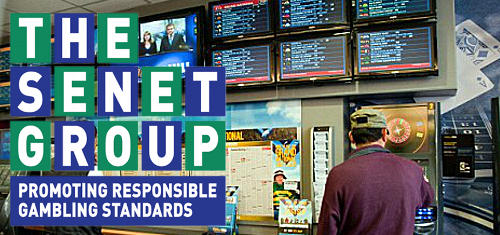 The UK betting industry’s self-regulatory watchdog group is looking for a new leader after its CEO announced his resignation.
The UK betting industry’s self-regulatory watchdog group is looking for a new leader after its CEO announced his resignation.
On Monday, the Senet Group announced that Ron Finlay, who has acted as CEO of the group since its founding in late 2014, was stepping down. Finlay said he was proud of the work the group had accomplished in the past 18 months but “now feels like the time for someone new to take it on the next step of the journey.”
The Senet Group was founded in part as a reaction to UK media hysteria over retail bookmakers’ fixed-odds betting terminals (FOBT). The idea was to allow the industry to demonstrate its capacity to impose sufficient responsible gambling practices before the government imposed much harsher rules. The group currently boasts six members, including Sky Betting & Gaming, the group’s first online-only bookie.
This week sees the UK betting industry impose new problem gambling controls, including sharing information on problem gamblers. For the first time, a gambler who signs up for an individual betting shop’s self-exclusion program will have that restriction enforced across all shops of that particular betting operator.
A spokesman for betting industry lobby group the Association of British Bookmakers called the new program, which was announced by the UK Gambling Commission last year, “a significant advance on the previous scheme” thanks to a new free telephone helpline with “a one-stop process for self-exclusion.”
A test run of the program in Kent last year produced mixed results, as a BBC journalist who signed up for self-exclusion was able to gamble in eight betting shops out of 10 attempts. The ABB said at the time that the test wasn’t a “serious illustration of what happens when someone genuinely wants to self-exclude,” including staff actually having spoken to the person.
The Campaign for Fairer Gambling, which has led the charge to scale back FOBT activity, was typically skeptical of the new program’s merits and reiterated its call for the government to require bookies to reduce the FOBT’s maximum stake from £100 per spin all the way down to £2, a request the government rejected last summer.






